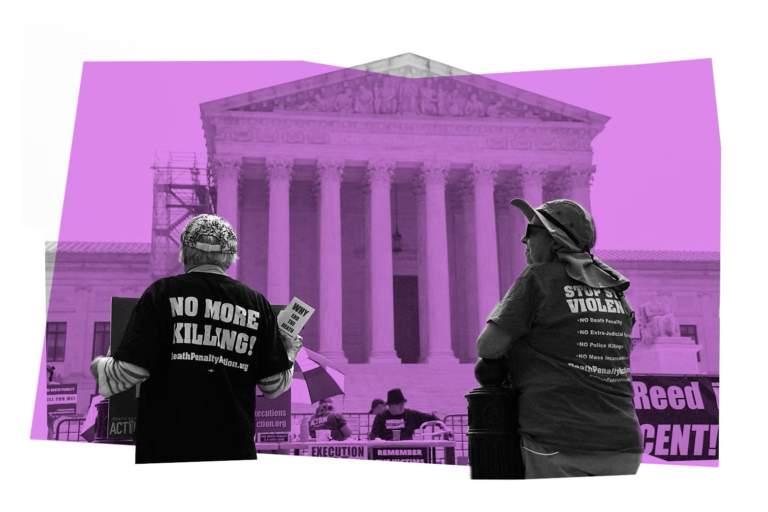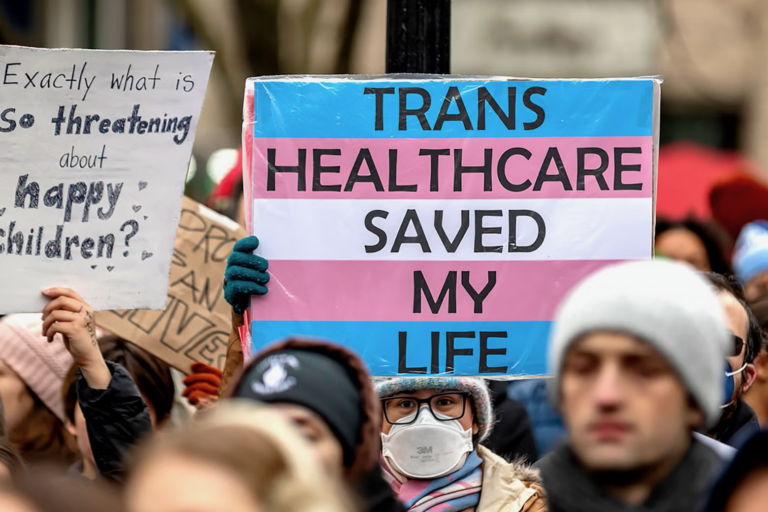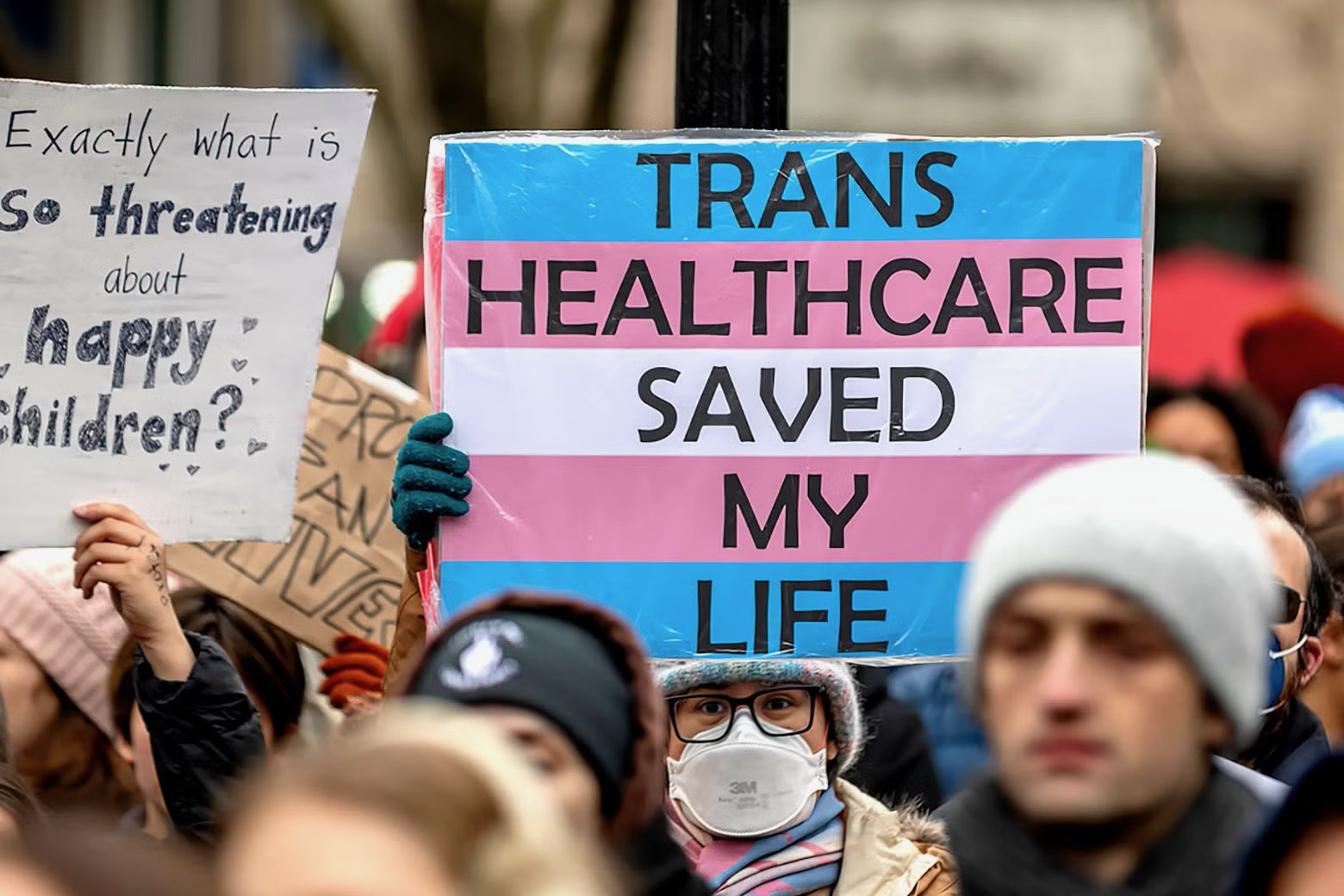The California man who won birthright citizenship for all
Say It Louder

In August 1895, a young cook named Wong Kim Ark was about to disembark from the S.S. Coptic, after a long journey home to San Francisco from China, when U.S. customs officials denied him re-entry.
He was not a U.S. citizen, they said. Never mind that Mr. Wong had been born in San Francisco’s Chinatown, not far from the port where he was now being held. The 14th Amendment’s provision for automatic citizenship for all people born on U.S. soil did not apply to him, officials later argued, because he and his parents were not “subject to the jurisdiction” of the U.S. at the time he was born.
Rather than back down, Mr. Wong took his case to the courts — and won.
Read on NY Times >
Judge says the quiet part out loud: the death penalty is racist
More Of This

Sometimes, what is right in front of you is the hardest to see, and the truth is hidden in plain sight. For a long time, that has been the case with the role of race in America’s death penalty system.
It is by now well documented that from start to finish—from charging decisions to jury selection, decisions about sentencing, and decisions about who gets executed—race plays a key role in death penalty cases. Yet often, courts have found a way to ignore or dismiss those unpleasant facts in their capital punishment jurisprudence.
Following a notorious 1987 Supreme Court precedent, McCleskey v. Kemp, judges have focused narrowly on the question of whether defendants in capital cases can provide proof of overt, intentional discrimination. They could do so if they could show that the prosecutor said that they were charging the defendant with a capital crimebecause of their race or the race of their victim.
Read on Slate >
Nothing some enrages conservative judges like criminal defendants having constitutional rights
Less Of This
In a one-sentence order last month, the Supreme Court declined to review Davis v. Smith, a case about an Ohio man challenging his conviction for attempted murder on the grounds that detectives had urged the victim, who repeatedly told them she could not remember who attacked her, to nevertheless identify him, David Smith, as the perpetrator. Last year, the Sixth Circuit Court of Appeals found in Smith’s favor, finding that police had obtained the identification “through unduly suggestive means,” and that state courts had “impermissibly excused this flagrant violation of Smith’s right to due process.” The Supreme Court’s decision to leave the appeals court’s ruling in place means that Smith will get a new trial sometime soon.
This result infuriated Justice Clarence Thomas, who wrote a dissenting opinion joined by Justice Samuel Alito.
Read on Balls & Strikes >
DOJ is sabotaging Trans kids at the Supreme Court
Speaking Of...

Last week, the Department of Justice submitted a short letter to the Supreme Court that, despite its brevity, stands to cause acute harm to numerous individuals. It also reflects how far the new administration is willing to go in its crusade against transgender people, including trying to sway the judiciary.
The DOJ’s letter addresses the ongoing litigation in U.S. v. Srkrmetti, in which the court is considering whether a Tennessee ban on providing gender-affirming care to minors called S.B. 1 violates the Constitution’s equal protection clause. The court held oral arguments in Skrmetti after Trump’s reelection but before his inauguration, when then–Solicitor General Elizabeth Prelogar tried to convince a court controlled by skeptical conservative justices that S.B. 1 unconstitutionally discriminates on the basis of sex. However, about a month later, a newly staffed DOJ asserted it was writing “to notify the Court that the government’s previously stated views no longer represent the United States’ position.” But the letter’s content is much more ambitious and disturbing than its stated purpose suggests.
Read on Slate >










